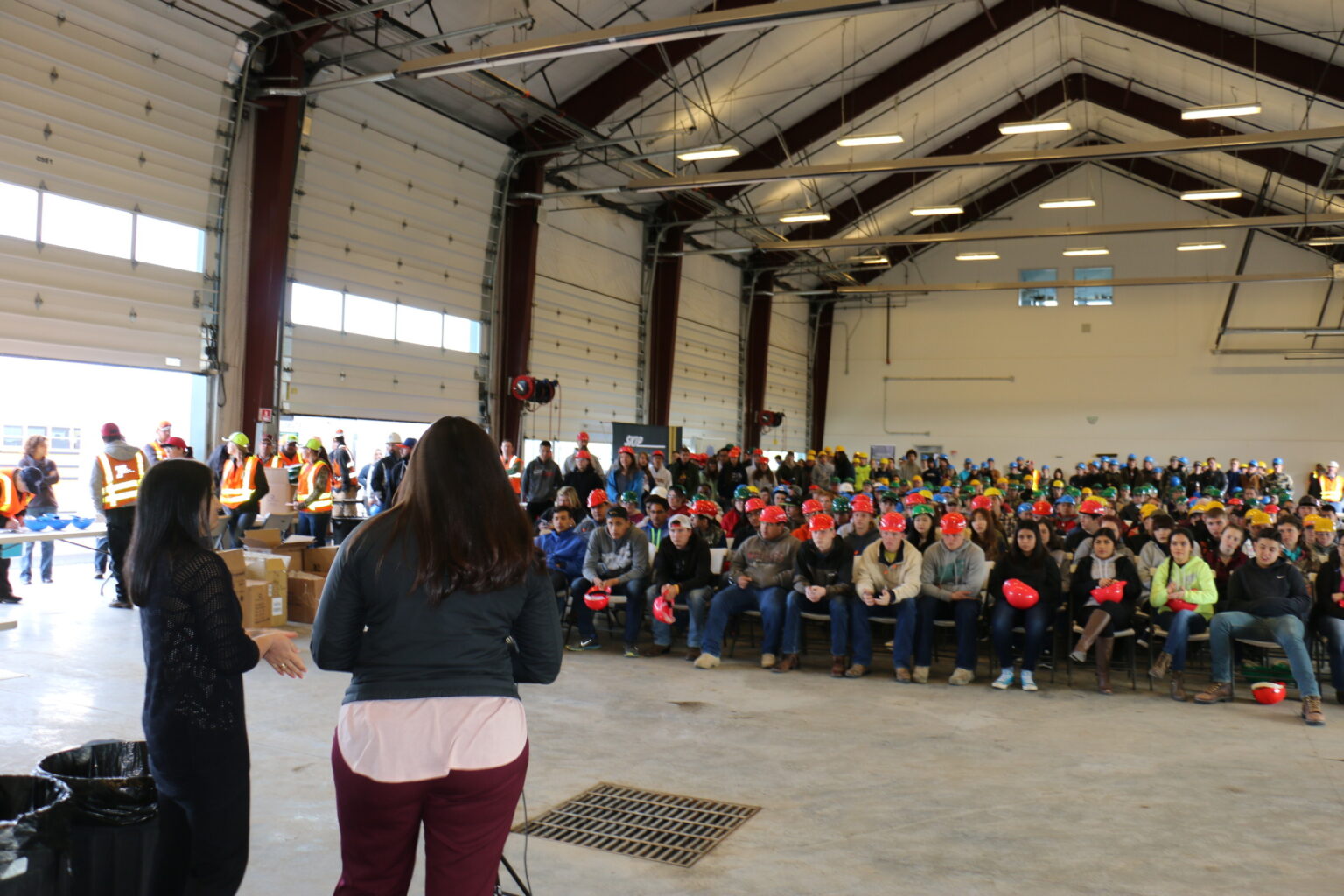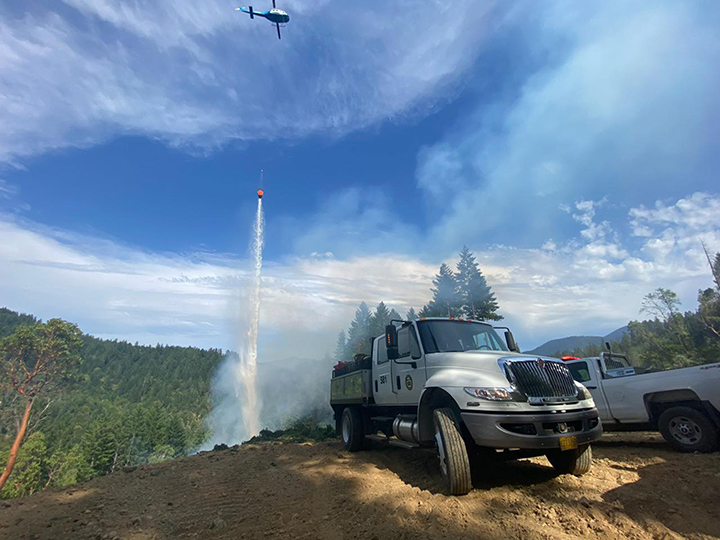Work ends for group charged with selecting fire-recovery projects for federal funding
Published 12:35 pm Friday, July 12, 2024
After months of uncertainty, a state agency has ended the work of a local selection committee charged with recommending grants for Almeda Fire recovery projects to aid businesses and provide infrastructure.
Oregon Housing and Community Services Executive Director Andrea Bell said in a Monday, July 8, letter to Jackson County’s Planning, Infrastructure and Economic Revitalization (PIER) Selection Committee: “As we look to the future and seek to respond to the evolving needs of the community, the work of this committee will end in its current form.”
The letter was also addressed to the Jackson County Community Long-Term Recovery Group, which had posted information about the selection process and assisted with meeting coordination.
OHCS is following recommendations made by the PIER selection committee to fund four projects for a total of $9.2 million. The agency is currently reviewing these projects before making final awards.
PIER funding comes from federal Community Development Block Grant Program money for recovery that was awarded to Oregon after the 2020 Labor Day fires, which include the Almeda Fire. OHCS is administering the federal funding.
The selection committee reviewed a first round of applications last fall. In March, it recommended four projects for funding.
Then, in late April, OHCS sent a letter to the committee saying it would need to reconsider recommendations it had already made for awards totaling $7.2 million to the four projects.
Reasons for the reconsideration included the lack of a member from an underrepresented community, failure to publicly notice meetings where decisions were made, a need to expand the committee and a perceived conflict of interest by one committee member, Jackson County Commissioner Dave Dotterrer.
In mid-May, OHCS reversed course and said it would make awards to the projects recommended by the committee. Rather than awarding the lesser amounts the committee recommended, however, OHCS awarded the full amounts requested: $9.2 million.
Additional committee meetings were scheduled in May but ultimately canceled.
Late that month, the Jackson County Board of Commissioners sent a letter to Gov. Tina Kotek and Oregon Secretary of State LaVonne Griffin-Valade with concerns about the ways OHCS was handling the awards process.
One of the commissioners’ issues was that a 30% set-aside from the $13.8 million of PIER funds for Jackson County was going to be used for administrative fees by the agency. OHCS subsequently clarified that the set-aside would be used as a contingency for the recommended projects and that, if funds remained, they would be distributed for recovery work.
“If there is a significant amount of money to be awarded, OHCS will facilitate a public process, with local representation, to intake new project proposals, make selections, and award remaining funds,” Bell wrote in her letter. The agency plans to provide information about the funds and selection process by the first week of September.
The selection committee recommended infrastructure projects in the cities of Talent and Phoenix, as well as economic revitalization projects by the Southern Oregon University Small Business Development Center and the Illinois Valley Community Development Organization.
OHCS is currently performing a capacity and risk assessment on all four organizations, said Delia Hernandez, public information officer with the agency. OHCS is in various stages of project review and requests for information, she said.
The economic revitalization projects by the Small Business Development Center and the Illinois Valley nonprofit have completed the RFI process and will be moving forward to a comprehensive budget review, Hernandez said.
The Illinois Valley Community Development Organization would use its award to provide grants to microenterprises and loans for small businesses. The group would receive $1.25 million.
The SBDC’s assistance would take many forms, including help with securing loans, developing plans and training in areas such as marketing, finances, operations and hiring. The award would total $572,000.
Phoenix would be awarded $3.5 million for infrastructure work, including storm drains, parking and sidewalks that would support business development in the downtown district.
Talent would receive $4.28 million for infrastructure work, as well. Funds would be used to prepare the Gateway site for mixed-use redevelopment, an extension of Wagner Street and street improvements on Gangnes Loop.
“I think the selection committee did what they set out to do, which was identify projects that would help the recovery within the communities within the constraints of the (PIER) dollars,” said Caryn Wheeler Clay, executive director of the Long-Term Recovery Group. “We can celebrate the success of getting those dollars into the communities that need them and to the businesses that have been waiting for far too long.”
The Long-Term Recovery Group had a member on the committee and assisted with the process, but did not have any authority over the committee, which rested with OHCS. They provided the services without compensation as part of their efforts to help with the recovery.
PIER information on the recovery group website, jccltrg.org/pier/, will be migrated over to OHCS, Wheeler Clay said.







